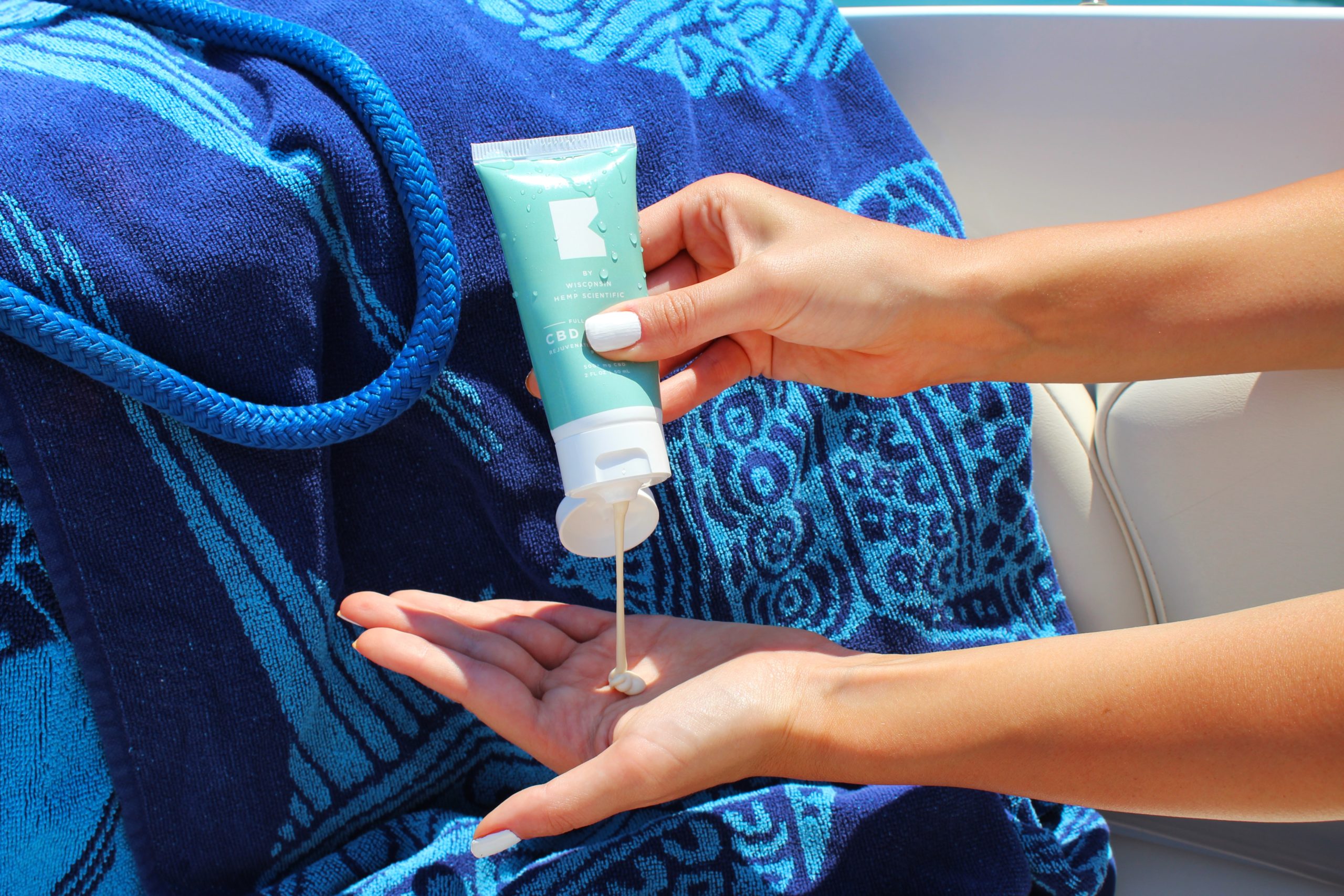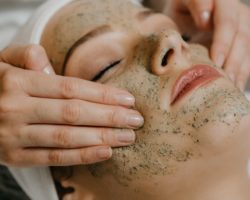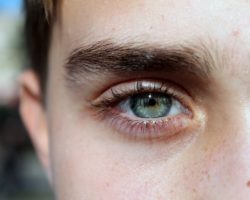Even children today know how important it is to protect the skin from solar radiation. But if, for some reason, when you leave your home, you still do not apply products with the spf factor either in summer or winter, we will have to tell you what this threatens you.
SUN – LIFE
“With a lack of sunlight in the human body, a deficiency of vitamin D develops, which leads to a weakening of the immune system, impaired production of serotonin, which is responsible for our mood and healthy sleep, hormonal disruptions and chronic fatigue,” says the expert.
However, with the onset of the long-awaited summer, when solar activity reaches its peak, many of us often abuse sunbathing, lose our sense of proportion and sunbathe without restrictions: without sunscreen at the wrong hours.
“This is absolutely impossible to do. You will not notice how the sun will cause burns, premature aging and skin diseases. “
Therefore, it is so important to choose the right SPF-factor for yourself, with which you can safely spend time in the sun and get your portion of vitamin D.
WHAT IS SPF?
SPF (Sun Protection Factor) is a measure of how many times longer you can stay in the open sun without the risk of sunburn when using sunscreen than without it.
SPF is a factor of protection against ultraviolet (UV) radiation, respectively, the higher its value, the more effective the protection.
Today, the “SPF” mark on cosmetics jars is not a marketing ploy at all, but a clinically proven necessity, especially in a metropolis, where unfavorable environmental conditions weaken the protective functions of the body.
Cosmetologists are sure that in most cases, premature aging of the skin is caused by the extremely aggressive effects of ultraviolet radiation. Therefore, the face and exposed parts of the body require protection all year round.
WHAT ARE UVA / UVB RAYS?
UVA rays are considered the most dangerous for human skin. They make up 95% of all ultraviolet radiation reaching the Earth’s surface. Such rays penetrate deeply into skin cells and damage them. This triggers the destruction of collagen and elastin, which leads to photoaging.
Photoaging leads to:
- dry skin
- decrease in skin elasticity,
- loss of skin elasticity,
- pigmentation and rosacea.
UVB rays are responsible for tanning the body, they trigger the production of melanin and are less dangerous relative to UVA. It is important to avoid over-exposure of your skin to UVB rays, otherwise you will not only become darker, but also get sunburn.
Dermalogica Protection 50 sport SPF 50 sunscreen
SPF 50+, 30+, 15+
On the labels of sunscreens, cosmetics manufacturers mark the different degrees of intensity of ultraviolet radiation using numbers: SPF 50+, 30+, 15+. These numbers show how long you can safely be in the sun.
Example:unprotected skin takes 10 minutes to tan, with SPF 15 sunscreen you can extend your safe sun exposure 15 times.
But don’t flatter yourself, even if you smear it with a cream with a protection factor of 50+, you still cannot spend an entire day in the sun. Not only skin, but also eyes, hair, and lips are subject to the negative influence of ultraviolet radiation. Shampoo, SPF balm and sunglasses will help you.
Bioderma Photoderm AKN Mat High Protection Matifying Fluid SPF30, cream essence with ultra sun protection SPF50 + / PA ++++ Frudia Ultra UV Shield Sun Essence
“Many people mistakenly believe that tanned skin is a sign of beauty and health. First of all, sunburn indicates damage to DNA in skin cells: when the skin darkens, it is damaged, which can lead to cell mutation, and then to skin cancer, ”the expert says. Therefore, sunscreen is strictly indicated in skin care for everyone, without exception: regardless of skin type and color type, season – in winter, in autumn too, and not only in summer. Remember, you can get a UV burn even in cool, cloudy weather. “
WHAT IS THE UV INDEX IN YOUR CITY?
When choosing a sunscreen, you should focus on
UV Index, a measure of ultraviolet radiation on the Earth’s surface.
You can find it in the weather app on your phone:
0-2 – low, safe,
3-5 – medium,
6-7 – high,
8-10 – very high,
11 and up is extreme.
Products with an SPF factor should be used with a UV index greater than two. People with sensitive skin, hyperpigmentation, especially need protection. You should not neglect sunscreens even when taking drugs that cause photosensitivity (retinoids). For sensitive skin, it is recommended to select a special care that takes into account its characteristics.






